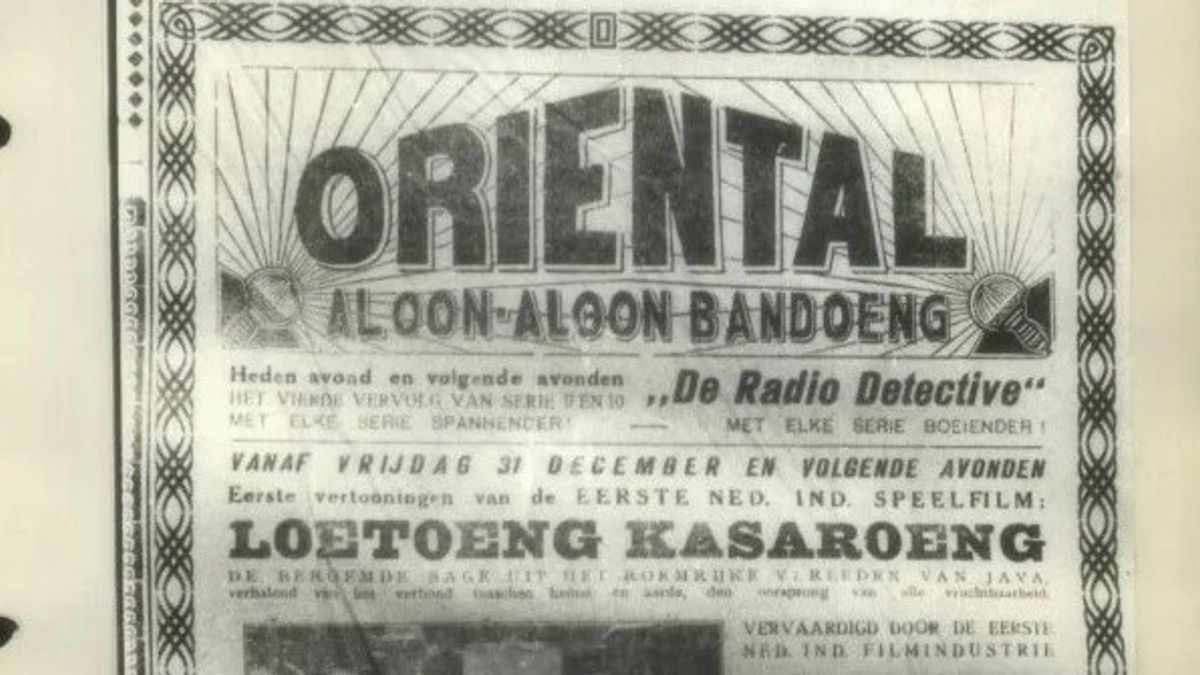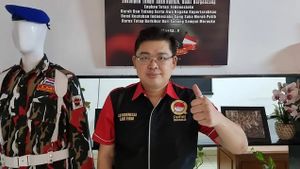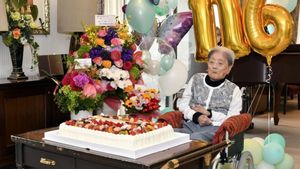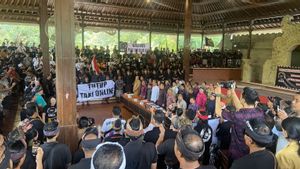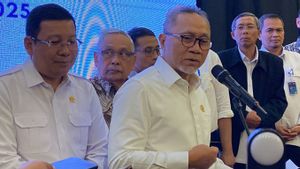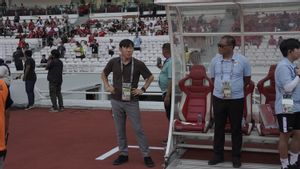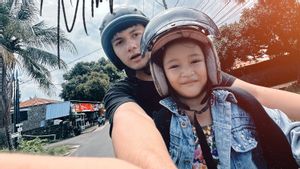JAKARTA - Indonesian films, which are now advanced, cannot be separated from the history of the first Indonesian cinema that was produced and played for the first time by Bumi Putra, namely Loetoeng Kasaroeng, which premiered on December 31, 1926.
The film, which is based on a folk tale from Sundanese, West Java, describes the journey of Sanghyang Guruminda, who came from Heaven, who was sent to Earth in the form of a lutung (a type of monkey endemic to Java). The journey of a lutung who gets lost on this Earth, brings the langur together with a daughter Purbasari Ayuwangi who was also expelled from the palace by Puteri Purbararang due to jealousy.
Lutung Kasarung and Puteri Purbasari fell in love with each other, even though Lutung Kasarung was an ugly creature, in the end he turned into a handsome prince and married Puteri Purbasari and ruled the Pasir Batang Kingdom and Cupu Mandala Ayu Kingdom together.
The story of Lutung Kasarung which contains advice, do not look at things from the skin alone, actually in 1921 RA Wiranatakusumah, the Regent of Bandung, was appointed to a karesmen gending, namely drama accompanied by music. Only five years later, RA Wiranatakusumah together with NV Java Film Company brought him into a big screen film entitled Loetoeng Kasaroeng.
Directed by two Dutchmen, G. Kruger and L. Heuveldorp. Quoted from the Indonesian book Poenja Tjerita written by the Indonesian History. Even though it was directed by two Dutch people, the actors of this film were indigenous actors and actresses, the children of Bandung Regent RA Wiranatakusumah also participated in starring in this film. Meanwhile, the Regent of Bandung himself acted as editor and cinematographer.
The 60-minute film Loetoeng Kasaroeng and still in the form of a black-and-white visual without sound (Silent Film), is purely produced in Indonesia, which is located in the Padalarang area.
To attract the audience's interest, a few months before the screening of the film, the cast and production team held a parade around the city of Bandung by renting horse-drawn carriages. They brought along movie posters and invitation-to-watch flyers. The parade which aims to promote this is a special entertainment for residents, especially children.
The promotion of the Loetoeng Kasaroeng film was also carried out by several media at that time. One of them was the September 1926 edition of the daily De Lecomotief, which wrote "This is a film which is the first milestone in the Indian cinema industry itself, it deserves to be greeted with great attention".
On December 31, 1926, it was time for this film to be premiered at Elita Cinema (Majestic) which is located on Jalan Braga, Bandung. Before the screening began, the cinema manager rented an okres show that played happy themed songs. Then the film is shown at 19.30 and 21.00. Because the film itself is silent, aka silent film, the management moved the music orchestra into the cinema to ward off boredom from the audience.
This Loetoeng Kasaroeng film is considered successful in attracting audiences, this is evident from the screening of the film which began on December 31, 1926 to January 6, 1927. Audience boredom with the domination of silent films from Europe was also a determining factor for the success of this first local film.
The success of the Loetoeng Kasaroeng film has even been reproduced twice. 1952 directed by ET Effendi with the cast of Nurhasanah, Barnas Lesmana, Kusmana Suwirja and Tina Melinda. Meanwhile, in 1983 this film was directed by BZ Kadaryono with players Erna Santoso, Johan Saimima, Enny Beatrice, Godfried Sancho, and Avent Christie.
The production of Loetoeng Kasaroeng films in 1952 and 1983 has the same story as the original story, which makes the difference, of course, appearing in color and sound.
The English, Chinese, Japanese, Arabic, and French versions are automatically generated by the AI. So there may still be inaccuracies in translating, please always see Indonesian as our main language. (system supported by DigitalSiber.id)
